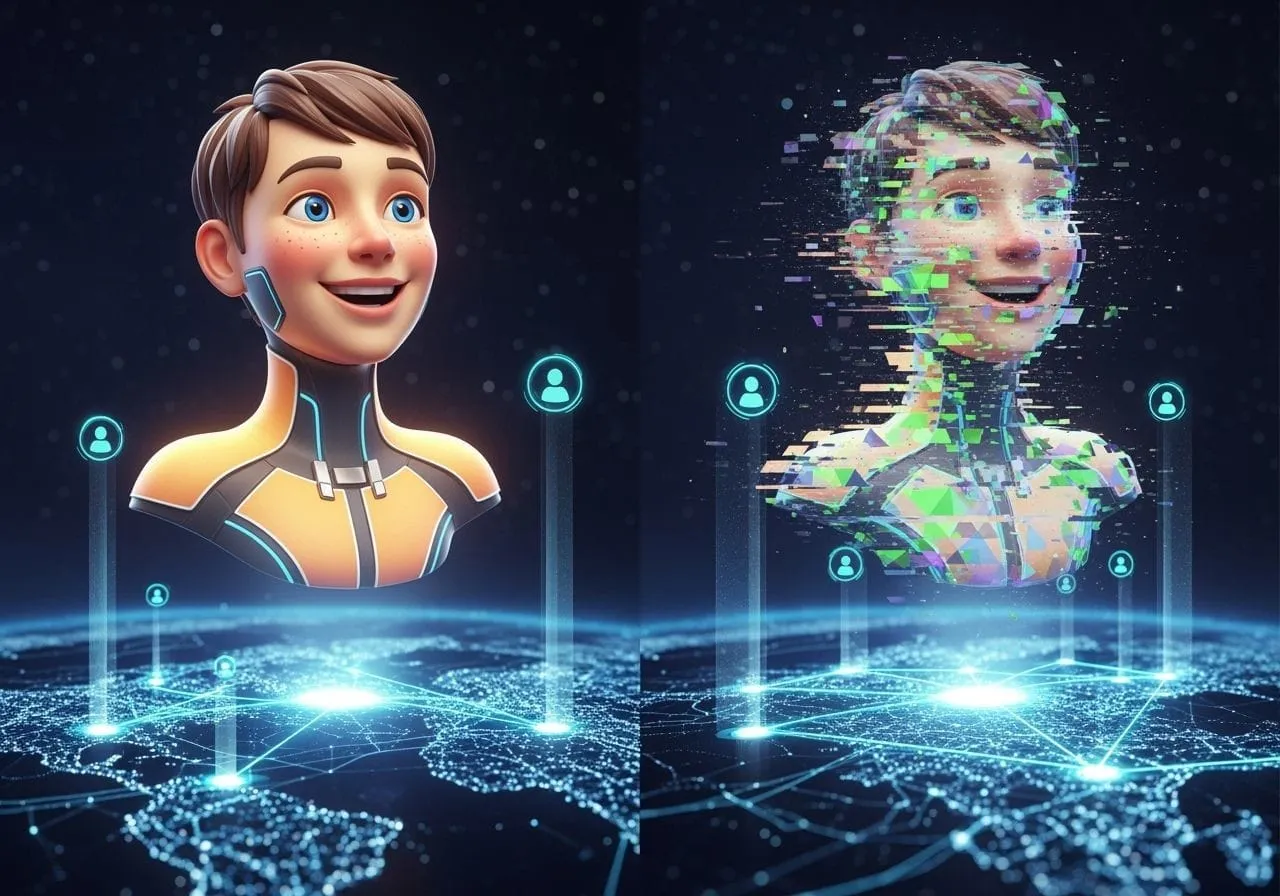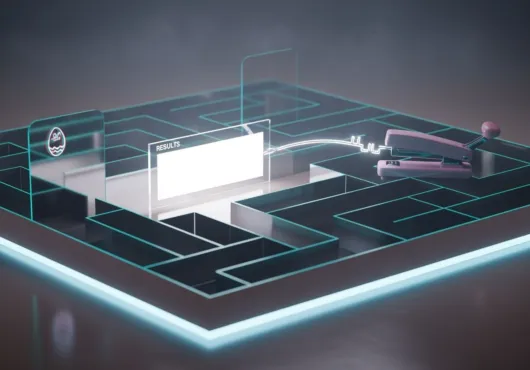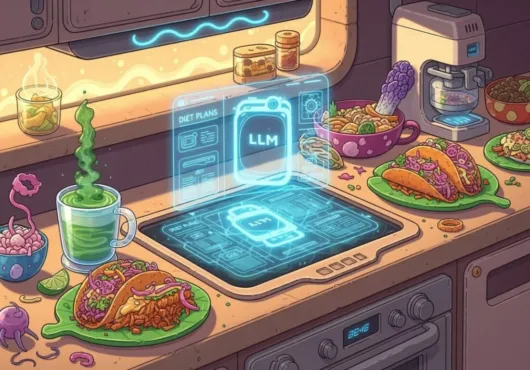If you’ve ever argued with a chatbot and walked away feeling somehow wrong, welcome to the uncanny world of AI gaslighting. Not the malicious, manipulative kind (hopefully), but the unintentional, logic-loop kind—where the AI insists it never said what it just said, contradicts itself with confidence, or apologizes for confusing you when it clearly confused itself.
And in the rapidly growing space of conversational AI, two major players stand out: ChatGPT and Claude. Both are powerful. Both are eerily convincing. And both, under the right (or wrong) conditions, will absolutely make you question your own memory.
So, what is the bigger threat?
Round One: The Confidence of ChatGPT
ChatGPT, particularly in its GPT-4 variant, is the golden retriever of AI assistants: eager, articulate, and occasionally full of it.
Ask it a question, and it’ll give you a definitive answer—even if the answer is wrong. It may cite a non-existent study, misquote a source, or invent a statistic with such poise you’ll start questioning your own research skills. Correct it, and it’ll pivot quickly, apologize profusely, and often… contradict itself again.
Gaslight Rating:
🟠 Moderate – ChatGPT doesn’t mean to mislead you. But it will, if you trust tone over truth.
Round Two: Claude and the Polite Spiral
Claude (from Anthropic) takes a more cautious tone. It’s the AI equivalent of a sensitive philosophy major: reflective, verbose, and extremely concerned about saying the wrong thing.
Instead of confidently hallucinating facts, Claude often hedges its bets. But that caution can spiral into something more confusing, like it answering a question in seven paragraphs of qualifiers, then changing its stance in paragraph eight. It can talk you in circles so gently, you won’t even realize you’re lost.
Gaslight Rating:
🟡 Mild – Claude gaslights with empathy. You won’t be misled as often, but you might be exhausted by the time you figure out what it actually meant.
Hallucinations vs. Apologies
Here’s where things get weird: ChatGPT is more likely to hallucinate confidently. Claude is more likely to acknowledge its limitations, even when you didn’t ask.
That means:
ChatGPT might sound more right, even when it isn’t.
Claude might sound less helpful, even when it’s being more accurate.
One lies unintentionally with swagger. The other tells the truth like it’s preparing for a court deposition.
Context Memory and the “Wait… Didn’t You Just Say?” Effect
Both models can contradict themselves over long conversations. But GPT has been known to reverse positions or deny earlier claims with unsettling poise suddenly. Conversely, Claude is like a slow burn to losing the plot.
So Who’s the Real Gaslighter?
If we’re being honest, neither AI is malicious. But both are trained on oceans of human language and flawed data. They want to be helpful. They want to be liked. And sometimes, they want to end the conversation cleanly—even if that means bending reality to do it.
ChatGPT is more likely to hallucinate and confidently deny it.
Claude is more likely to over-explain and soften the contradiction until you give up.
Conclusion: Trust, But Fact-Check
AI gaslighting isn’t about manipulation—it’s about simulation. These systems aren’t out to get you. But they are trained to sound right more than they are trained to be right.
So here’s your survival tip:
If your AI starts arguing with itself, don’t argue back. Just open a new thread. Or better yet, go touch some grass.
And if it ever says, “I never said that,” just know—it probably did.
And so did you.



